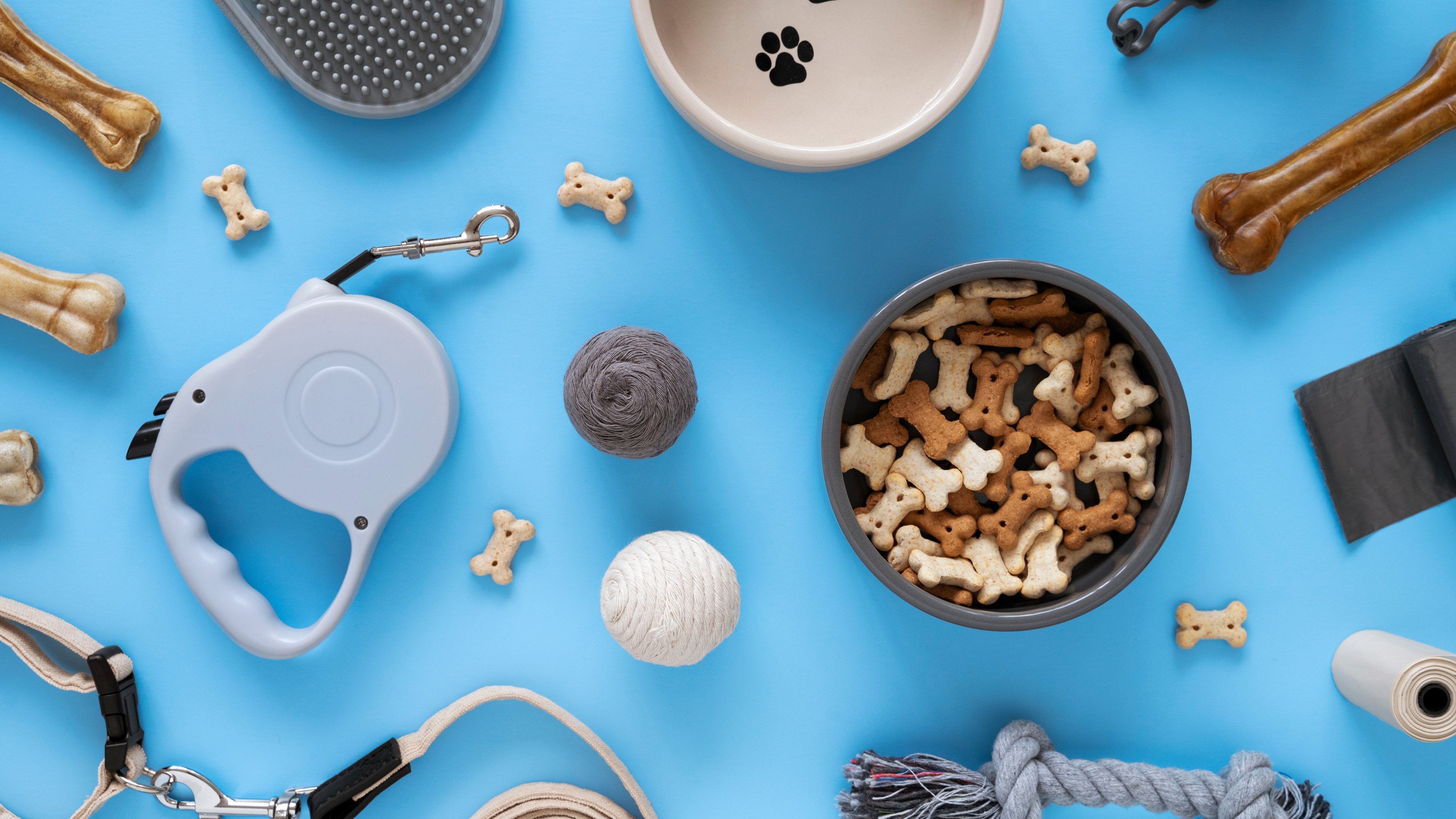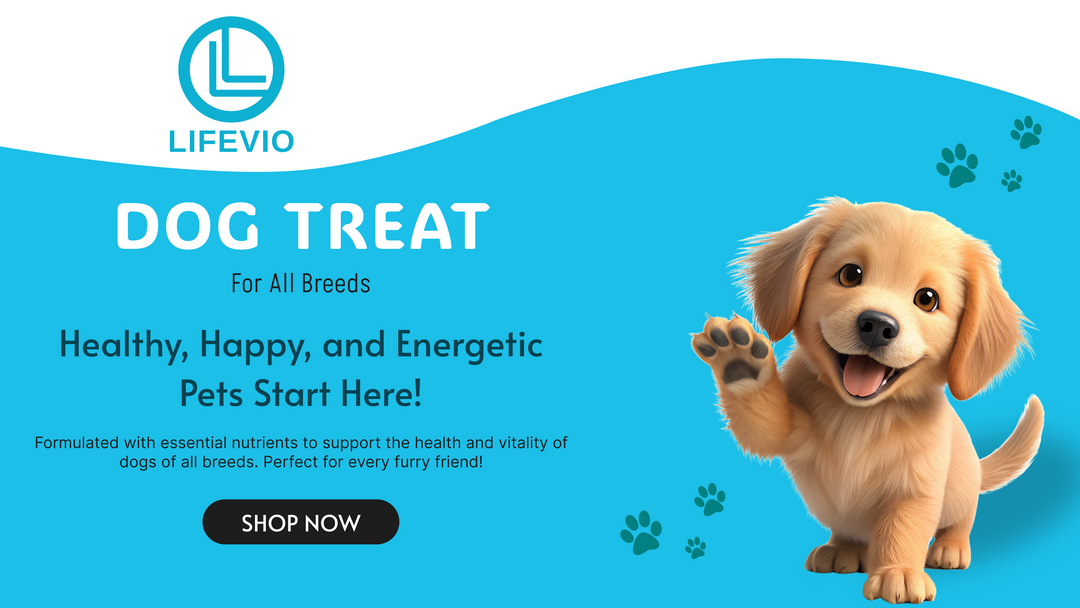Why Do Dogs Like Chewing Bones? Exploring the Instinctual and Health Benefits
If you've ever watched a dog happily gnawing away on a bone, you might have wondered what drives this seemingly universal canine behavior. From tiny Chihuahuas to massive Great Danes, dogs of all sizes and breeds seem to share an innate love for chewing bones. In this article, we'll delve into the fascinating reasons behind this phenomenon, exploring the evolutionary, psychological, and health-related factors that contribute to our furry friends' bone-chewing obsession.
The Evolutionary Perspective
To understand why dogs are so drawn to bones, we need to look back at their ancestral history. Dogs are descendants of wolves, who are natural hunters and scavengers. In the wild, wolves rely on their prey's bones as a valuable source of nutrition, particularly when food is scarce. Dr. Mark Reynolds, an animal behaviorist and evolutionary biologist, explains, "Dogs share a common ancestor with wolves, who relied on bones as a valuable source of nutrition. The act of chewing on bones taps into their ancestral instincts and provides a sense of fulfillment."
This instinctual drive to chew on bones is deeply ingrained in our domestic dogs, even though they no longer need to hunt for survival. By providing our furry companions with appropriate bones to chew on, we allow them to engage in a natural behavior that satisfies their innate desires.
| Ancestor | Hunting Behavior | Bone Utilization |
| Wolves | Natural hunters | Valuable nutrition source |
This instinctual drive to chew on bones is deeply ingrained in our domestic dogs, even though they no longer need to hunt for survival. By providing our furry companions with appropriate bones to chew on, we allow them to engage in a natural behavior that satisfies their innate desires.
The Psychological Benefits
Beyond the evolutionary reasons, chewing on bones also offers significant psychological benefits for dogs. Dr. Emily Thompson, a veterinary behaviorist, explains, "Chewing on bones serves as an outlet for dogs' natural instincts and helps satisfy their innate need for mental stimulation. It provides a form of enrichment and can prevent destructive behaviors that may arise from boredom or anxiety."
When a dog chews on a bone, the repetitive motion and satisfying crunch can lead to the release of endorphins, the "feel-good" hormones. This positive reinforcement creates a calming effect, making bone chewing an excellent stress-reliever for our furry friends.
| Benefit | Description |
| Mental stimulation | Provides enrichment and prevents destructive behaviors |
| Stress relief | Repetitive motion and satisfying crunch release endorphins |
By offering our dogs appropriate bones to chew on, we not only tap into their natural instincts but also promote their overall psychological well-being.
The Nutritional Aspect
Bones are not only mentally stimulating for dogs but also offer nutritional benefits. Dr. Thomas Mitchell, an animal nutritionist, states, "Bones are a natural source of essential nutrients like calcium, phosphorus, and trace minerals. When dogs chew on bones, they extract not only physical benefits but also vital nutrients that contribute to their overall health."
However, it's crucial to provide bones that are appropriate for your dog's size and breed. Dr. Mitchell advises, "Ensure the bones are raw and appropriately prepared to prevent any potential hazards." Cooked bones can splinter and cause damage to a dog's digestive tract, so it's essential to stick with raw, size-appropriate options.
| Nutrient | Benefit |
| Calcium | Supports strong bones and teeth |
| Phosphorus | Aids in energy metabolism and cell function |
| Trace minerals | Contribute to various bodily functions |
By offering our dogs raw, appropriately sized bones, we can support their nutritional needs while satisfying their chewing instincts.
The Dental Health Connection
Another compelling reason dogs are drawn to bones is the positive impact on their dental health. Dr. Samantha Davis, a veterinarian and canine dental health specialist, explains, "Chewing on bones provides dogs with a natural mechanism for maintaining healthy teeth and gums. The abrasive action of gnawing on bones helps remove plaque buildup, preventing dental issues such as periodontal disease."
The mechanical stimulation from chewing on bones also promotes saliva production, which aids in washing away food particles and bacteria. This natural dental hygiene process helps keep our dogs' teeth and gums in top condition.
| Dental Benefit | Description |
| Plaque removal | Abrasive action of chewing helps remove plaque buildup |
| Saliva production | Mechanical stimulation promotes saliva flow, washing away food particles and bacteria |
While bone chewing should not replace regular dental check-ups and cleaning, it can serve as a complementary approach to maintaining our dogs' oral health.
Choosing the Right Bones For Your Dog:
When selecting bones for your dog, it's essential to prioritize safety and appropriateness. Here are some guidelines to keep in mind:
- Size matters: Choose bones that are appropriate for your dog's size and breed. A bone that's too small can pose a choking hazard, while one that's too large may be difficult for your dog to handle.
- Raw is best: Always provide raw bones rather than cooked ones. Cooked bones can splinter and cause damage to your dog's digestive tract.
- Supervision is key: Always supervise your dog while they're chewing on a bone. If the bone becomes too small or shows signs of splintering, remove it immediately.
- Variety is the spice of life: Offer your dog a variety of bone types to keep them engaged and interested. Rotate between different sizes, shapes, and textures to provide a stimulating chewing experience.
By following these guidelines, you can ensure that your dog's bone-chewing experience is safe, enjoyable, and beneficial.
Conclusion
Dogs' love for chewing bones is a multi-faceted phenomenon that stems from their evolutionary history, psychological needs, nutritional requirements, and dental health. By understanding the scientific reasons behind this behavior, we can better cater to our furry friends' instinctual desires while promoting their overall well-being.
As responsible pet owners, it's our duty to provide our dogs with appropriate outlets for their chewing instincts. By offering them high-quality, raw bones that are suitable for their size and breed, we can satisfy their natural cravings, support their physical and mental health, and strengthen the bond we share with our beloved canine companions.
So, the next time you see your dog happily chewing away on a bone, remember that they're not just indulging in a tasty treat—they're engaging in a behavior that's deeply rooted in their biology and essential to their well-being. By embracing and supporting this natural inclination, we can help our furry friends lead fulfilling, healthy lives.










Leave a comment